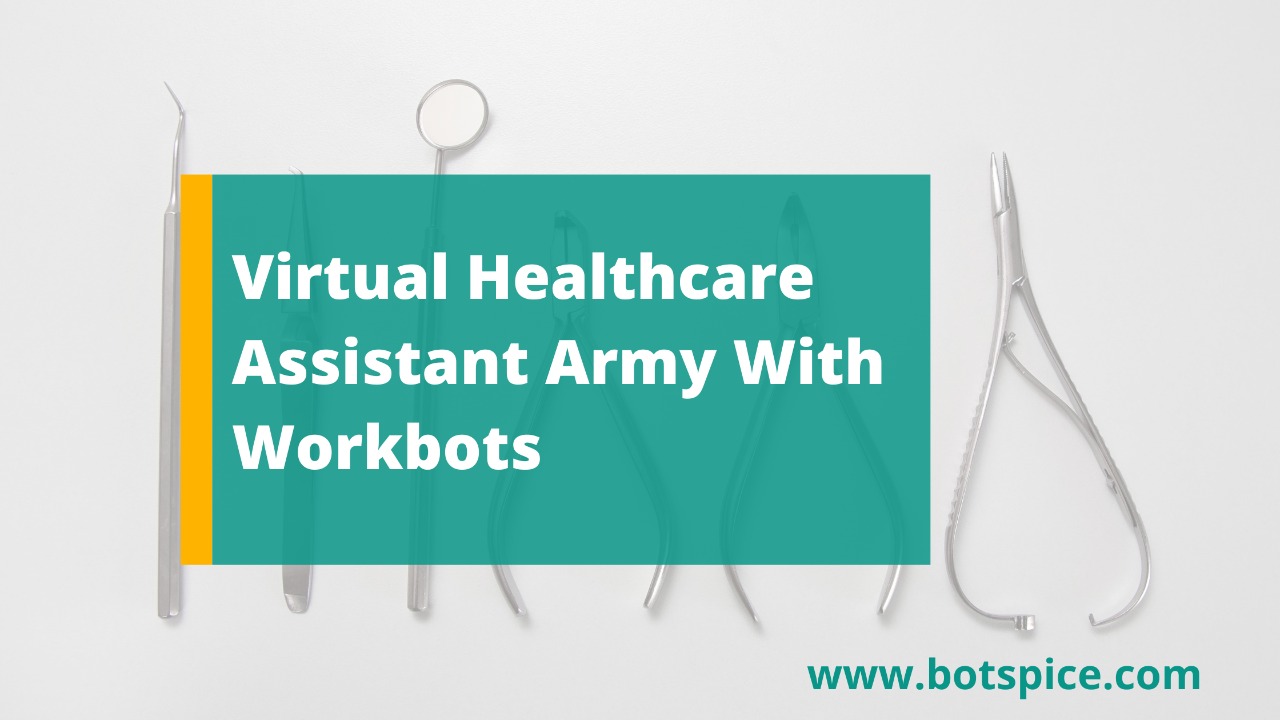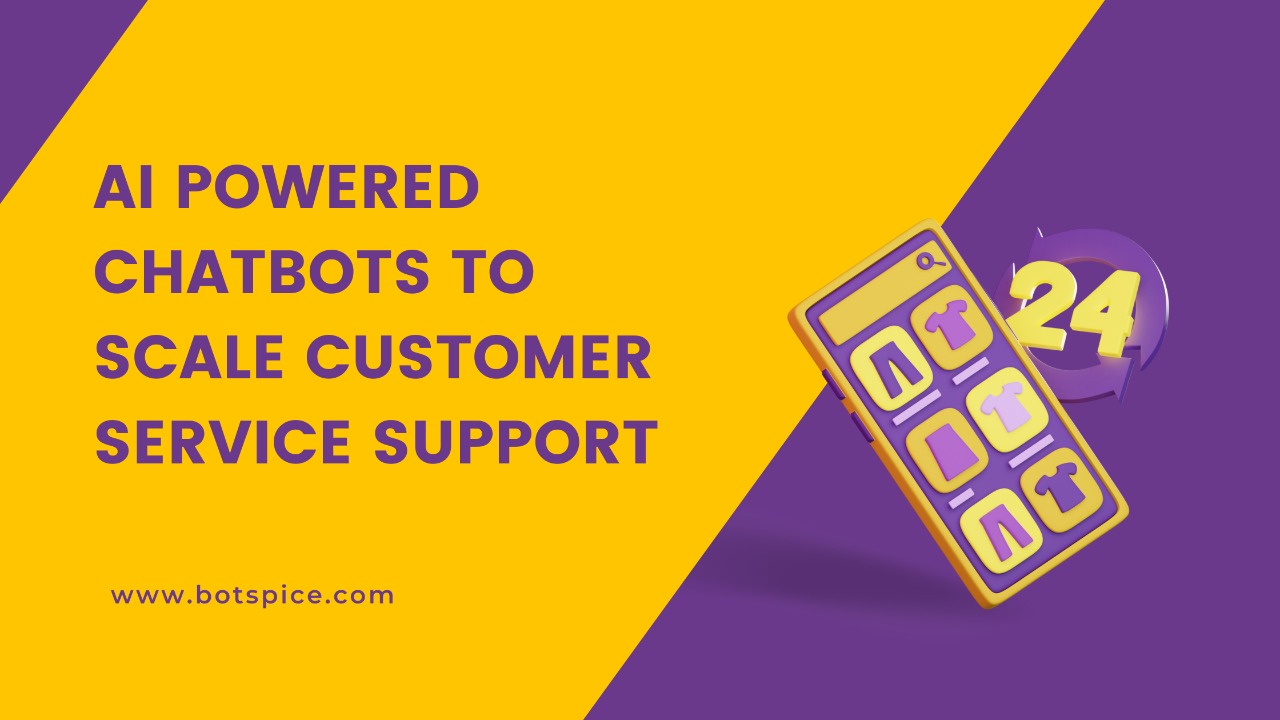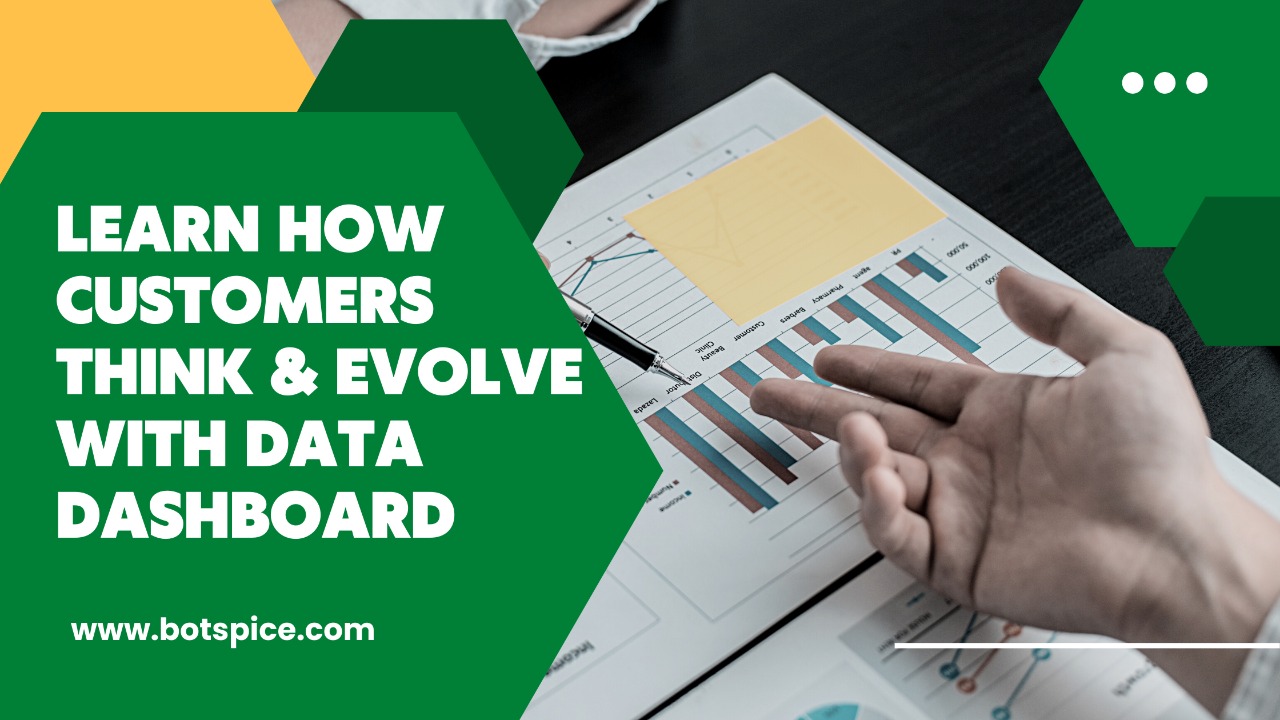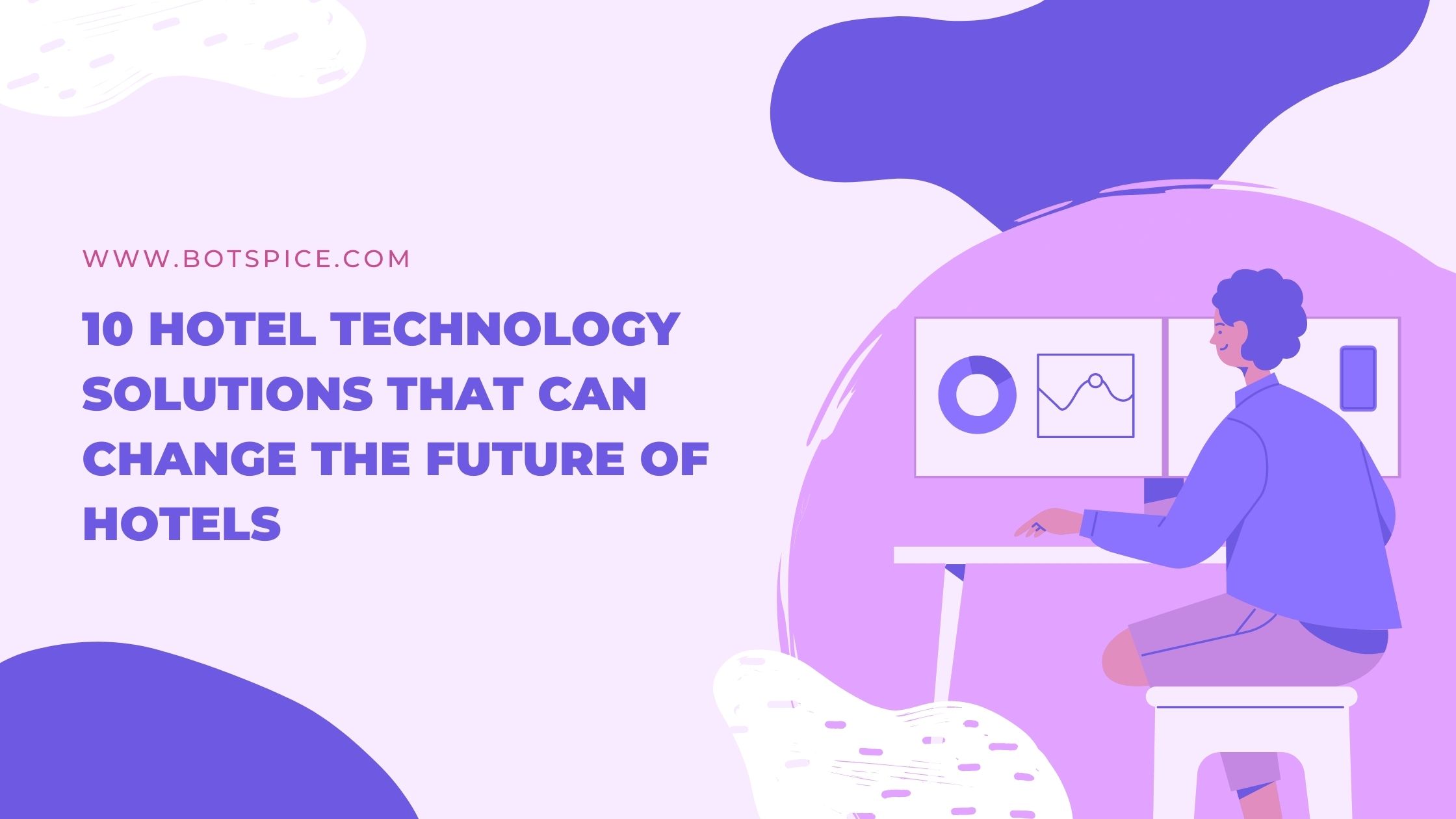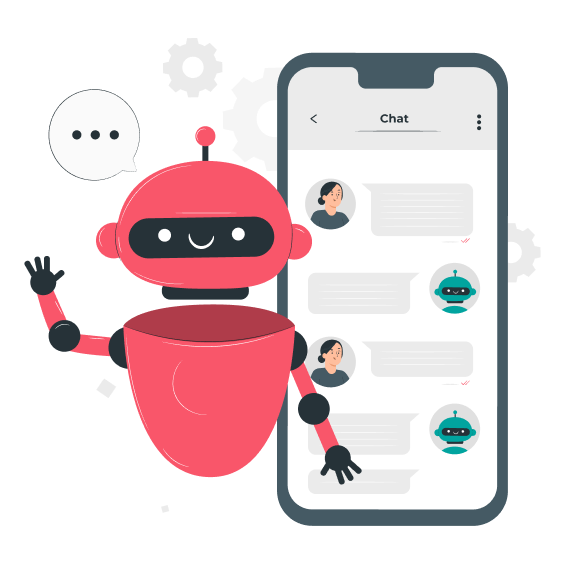According to a recent report in the New Scientist, hundreds of thousands of people say ‘Good morning’ to Alexa every day. AI chatbots are everywhere and people are showing a huge interest in digital assistants. This could imply that chatbots will take over messaging applications someday across many business sectors. Healthcare is one such segment where we have seen limitless possibilities of growth. Healthcare assistants offer more than just information. They gather information through conversations and also analyse patients’ symptoms. This is possible because of Artificial Intelligence technologies and Natural Language Processing that help chatbots to converse in a more human-like manner.
According to the global tech market advisory firm ABI Research, AI spending in the healthcare and pharmaceutical industries is expected to increase from $463 million in 2019 to more than $2 billion over the next 5 years.
Virtual healthcare assistants can provide high-quality medical assistance in a very cost-effective way. AI Chatbots can help provide advanced patient care, improve patient experiences through virtual diagnosis and data analysis which in turn empowers patients to be more proactive about their health.
Table of Contents
What is a Healthcare assistant capable of doing? Here’s how you can create an army of digital assistants!
- Consultation and advice
Digital healthcare assistance can consult with patients and give advice. A lot of common healthcare issues do not require doctors’ intervention. Chatbots can find a solution and answer patient’s queries by analysing symptoms through Artificial Intelligence. The main goal is not to replace doctors or doctors’ diagnoses but to provide timely basic medical aid.
- Managing prescriptions
Suppose a patient does not take medicines on time and often misses his dose. Just inform the chatbot about the name of the medicine, the number of times it has to be taken during the day and it will remind patients to have their pills on time.
- Booking appointment
Chatbots can automate the booking process. It streamlines patient workflow, directing them based on expressed symptoms. Tasks like confirmation of appointments, rescheduling, termination can be done by bots speeding up transactional patient queries, thus freeing up receptionists to concentrate on patients coming through OPD (Outpatient Departments)
- Diet and exercise advice
In this age where diet and exercise play a major role in most people’s lives and being fit is the #1 priority, a chatbot can act as an assistant to track and advise patients’ dietary needs according to their physical capabilities. Apart from that, post-operative diet and follow-ups can also be done through chatbots.
- Symptoms checking and screening
Healthcare chatbots can screen patients on a massive scale via analytic insights. A healthcare bot can converse simultaneously with thousands of people anytime. No matter the magnitude of questions, healthcare bots can provide answers immediately. Checking of symptoms can enable chatbots to derive statistics based on algorithms and offer solutions to patients.
For example, a new mother would have a thousand questions regarding her baby. She would not go out of the way to ask her pediatrician to whether her baby is sleeping enough. These questions are relevant but do not require medical professionals’ assistance. A symptom checker can analyse the baby’s symptoms and derive a conclusion on whether the baby needs to be brought in for a check-up or provide solutions for treatment at home.
A study published in the Journal of Paediatrics found that 56% of websites provide inaccurate or irrelevant health-related information.
What does the future holds?
There is literally no end to what chatbots can do to enrich our lives. Digital health assistants can manage health very efficiently. It will get better as the chatbot continues to learn and evolve through patient interaction. Someday we might be able to share our medical reports with chatbots and they might be able to offer wise solutions or perhaps to even “trick us” into attaining good health with gamification nudges. AI-driven chatbots in healthcare are continually growing and promising care through streamlined systems.

